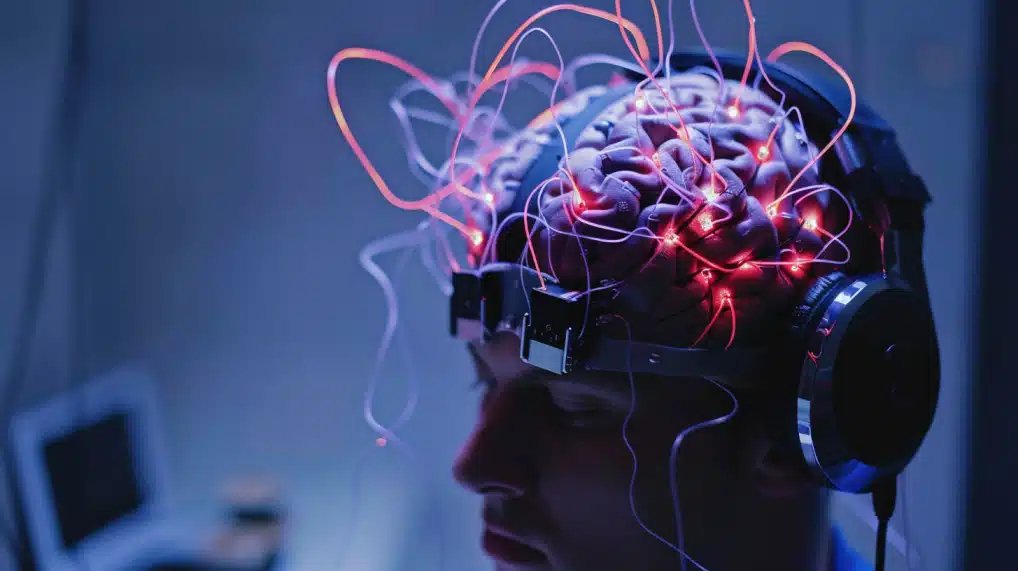At-Home tDCS Trial (HomeDC) Prematurely Terminated Due to Skin Lesions & Safety Concerns (2023 Study)
Transcranial Direct Current Stimulation (tDCS) is emerging as a promising home-based treatment for Major Depressive Disorder (MDD), offering a non-invasive, cost-effective, and scalable option for patients. This treatment modulates cortical excitability, potentially altering neuronal activity in the brain areas associated with depression. However, a recent randomized controlled trial (RCT), the HomeDC trial, aimed at investigating …




